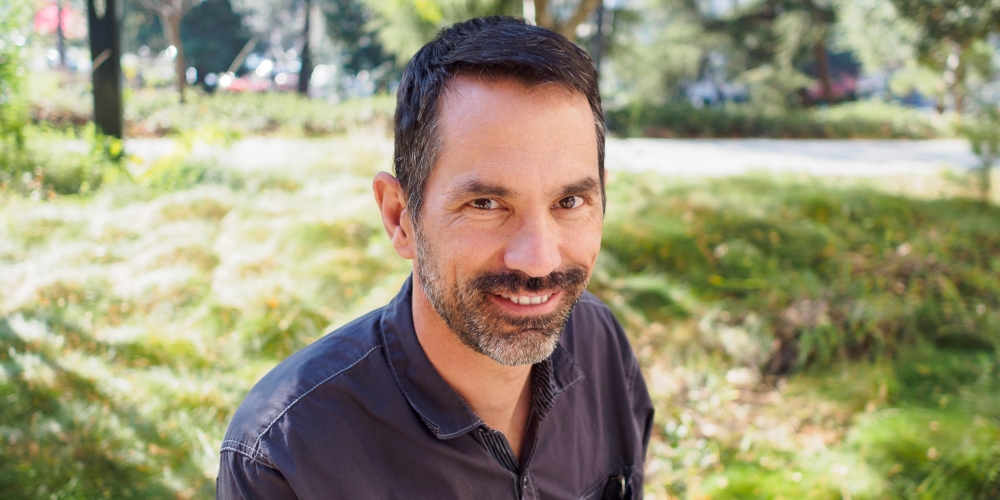

Research Bio
Laurent Coscoy is a Professor of Immunology in the Department of Molecular & Cell Biology.
Research Focus: The adaptive immune response is critically dependent on the presentation of peptide antigens by Major Histocompatibility Complex (MHC) class I molecules to CD8+ T cells, a process integral to the immune surveillance of neoplastic and virally infected cells. This antigenic presentation is the culmination of a series of intracellular events orchestrated by the Antigen Processing and Presenting Machinery (APM), which includes proteasomal degradation of cytosolic proteins, peptide translocation into the endoplasmic reticulum by the Transporter Associated with Antigen Processing, and peptide trimming by Endoplasmic Reticulum Aminopeptidase Associated with Antigen Processing (ERAAP). Disruptions in this pathway, either through genetic mutations or viral interference, allow for immune evasion, a common feature in various pathologies, including cancers and viral infections. Viruses have evolved numerous strategies to undermine this system, notably through the synthesis of viral proteins and microRNAs, which specifically target and impair components of the APM.
Investigations into the immune responses against cytomegaloviruses have revealed that both HCMV and MCMV downregulate ERAAP upon infection, perturbing the normal peptide repertoire presented by MHC class I molecules on infected cells. This subversion strategy leads to the presentation of an alternative peptide array that can nonetheless elicit a robust CD8+ T cell response. In particular, this modified presentation activates an unconventional subset of T cells that recognize altered self-peptides presented by the non-classical Qa1b/HLA-E MHC molecules. Recent research, including our own, has shown that these T cells, upon encountering MCMV-infected cells, can proliferate, differentiate into effector cells, and contribute to a significant reduction in viral titers.
These findings elucidate a novel aspect of the immune response to viral evasion tactics and highlight the potential of leveraging unconventional MHC-E restricted CD8+ T cell responses in the development of innovative vaccine designs targeting cytomegalovirus infections. My lab has developed several projects, most of them centered on how cellular perturbations mediated by these viruses are sensed by host cells and ultimately lead to activation of the immune system. More specifically, they are studying the biology of these unconventional T-cells in mice and humans and whether they could be harnessed to elicit efficient vaccines.
Research Expertise and Interest
immunology, viruses, viral infection, immune responses, immune evasion
